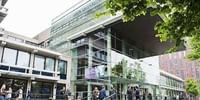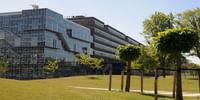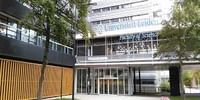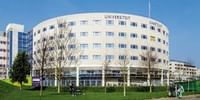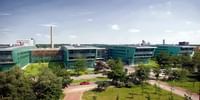is all about understanding the fundamental laws of the physical world and finding ways to apply those laws in technical solutions. Applied Physicists use scientific principles to create or improve practical devices and systems and to contribute in many other fields. A great deal of the work done by physicists is not immediately visible. But without recent breakthroughs in physics, the mobile phone and the laptop would have been power-guzzling machines that weigh a ton and lab-on-a-chip technology would still be science fiction.
In the?Applied Physics programme taught at the??we aim to achieve the ideal balance between 'hardcore' physics and engineering. Research is spread out over five clusters, which together reflect essential real-world needs:
- Physics of Fluids
- Nanoelectronic Materials
- Applied Nanophotonics
- Soft Matter
- Energy Materials and Systems
The themes that are covered within the programme are in perfect alignment with these five research clusters.
Careers
Approximately half of our graduates work in Research & Development departments at a university, research institute or centre of expertise (e.g. TNO, ECN, CERN) or at a corporate Research & Development department (e.g. Philips Natlab, Shell, Oc?), developing new materials, new technology, or new products, for example for space travel or medical science.
Many Applied Physics graduates pursue their scientific studies at doctorate level, conducting independent research for four years under the guidance of a professor, and writing and defending a PhD dissertation. You can pursue a PhD at the University of Twente or at any other university in The Netherlands or abroad.
Some graduates pursue a career in engineering or manufacturing. In engineering, you design new products or production processes, working for a major company or as an independent adviser. In manufacturing, the focus is on innovations in the production process.


